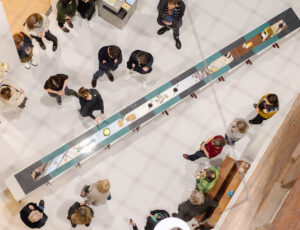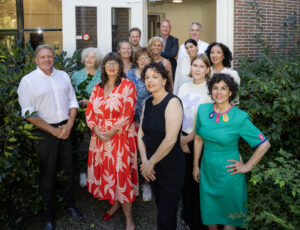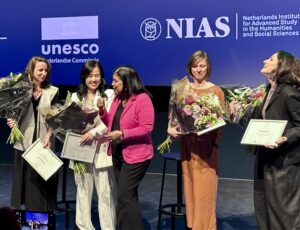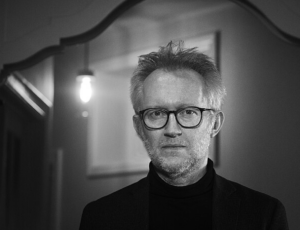In a seminar on 18 October, sociologist David Stark will explain how the historical makeup of a team can contribute to its creative success.
About the Seminar
How does the historical makeup of a team contribute to its creative success? With my co-authors I address this question using tools of historical network analysis to examine data on some 140,000 individuals in some 39,000 video game production teams from 1979 to 2009. The paper examines, first, the prior exposure of team members to stylistic elements and computes a measure of stylistic or cognitive distance for every team. But teams are not only made up of individuals; they are also composed of groups. One important basis of group formation is whether people worked together in the past. We reconstruct the work histories of team members and record such communities of prior co-participation for every team. Groups (communities) within teams can be isolated, brokered, or folded (coupled without losing their distinctive identities). Recognizing that a cultural product can be innovative (distinctive) without being critical successful and a critical success without being distinctive, the study constructs four dependent variables 1) does the game stand out? (i.e., is it stylistically distinctive?) 2) does it get reviewed at all? 3) is it recognized by critics as outstanding, and 4) is it a gamechanger (i.e., is it distinctive and outstanding?).
The lecture is followed by an open discussion.
About the Speaker
David Stark is NIAS Fellow 2012/13 and Professor of Sociology and International Affairs at Columbia University, New York.
About NIAS Seminars
NIAS Seminars are organised by the Rector of the Institute. They are meant to appeal to interested parties from a wide range of backgrounds and are aimed to encourage closer contact within the Dutch academic world.
NIAS Seminars take place in the Lecture Room (NIAS, Meijboomlaan 1, Wassenaar, telephone 070-512 27 00). This Seminar starts at 11.00 hours and ends at 12.30. Everyone is welcome to attend the seminar and join the discussion. However, since changes in the programme may occur, please let us know if you wish to attend. For further information, contact Communication.



